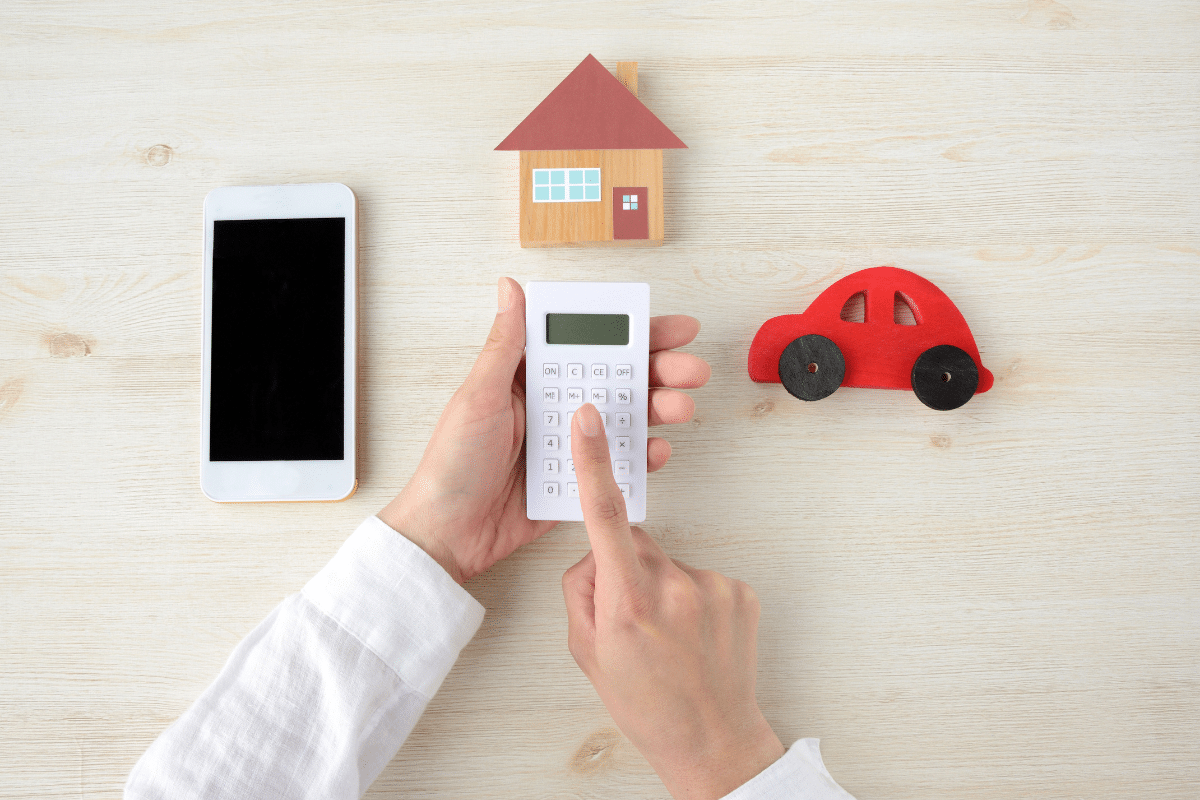
Everyday tips to help avoid household budget blowouts.
Things are tight right now. It could be too much cheesecake, but that’s another story!
It’s getting tight when it comes to everyday living expenses, thanks to a ‘perfect storm’ of economic impacts —inflation, war, fuel prices, energy costs, yadda, yadda, yadda. All the stuff we don’t really have control over.
Of course, all economic changes are cyclical, and we should stay positive about the resilience of the Australian economy and our ability to bounce back. It’s just a matter of time.
What can we do in that time to help make ends meet?
As with a lot of budget-balancing, it often comes down to the little things.
Let’s start with something we can all control, that has a significant impact on our household budgets — energy usage.
Everyone knows somebody who has a story about ‘those parents’ who habitually turn off light switches and power points like they’re on a divinely inspired mission.
But, you know what? They might be right. The Department of Industry, Innovation and Science tells us that Australians spend around $860 million a year on standby power. (Thanks nerds.) That’s $100 your household could spend elsewhere.
So, flick off.
To help you go even further, here are some simple, energy-saving tips to keep your house ‘green’ this winter:
- Keep the temperature for winter heating set to between 18°C and 20°C — remember every degree of heating adds between 5% and 10% to your energy use.
- Inverter reverse-cycle air-conditioners are very efficient at maintaining an even temperature through the thermostat without using electricity all the time — they can reduce your energy use by up to 46 per cent compared to non-inverter air conditioners.
- It’s important to close doors to areas of your house that you’re not using, and keep windows closed with curtains drawn to keep in the heat — air leaks cost money!
- Turn off heaters when you’re not home (this one is important for safety too) — if you’re buying a heater this winter, check out the pros and cons of what works best for the space you’re heating (e.g. ceramic panel and convection heaters work well for larger spaces, while fan and bar heaters can be more efficient in a smaller space).
- If you like rugging up in winter, you can turn off the heating and make it a good excuse to get snuggly on the lounge!
- Avoid using the shower to get warm, as hot water accounts for about 25% of the average bill.
- On sunny days, try putting a clothes rack out in the sun and fresh air to dry your laundry instead of using the dryer — if you have the heater on inside already, pop your clothes rack inside (but not too close to the heater – remember, safety first).
It may sound like a lot of fuss, but when you make these little things a part of your everyday routine, it just becomes second nature — and who wouldn’t want to save money by doing as little as possible?
And that’s exactly what Gimmie is here to do for you — make it easy to manage your budget. When you need to make bigger lifestyle purchases without denting your savings, (like air conditioners, dryers, heaters and lounges for winter comfort), Gimmie makes it more manageable. Choose the Gimmie Plan that suits your lifestyle, pay over 1 or 2 years and you can pay out your plan anytime. The best part is, if you finalise your plan within 90 days, you’ll only pay the retail price – because it’s how we buy now.












